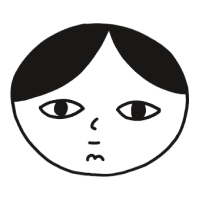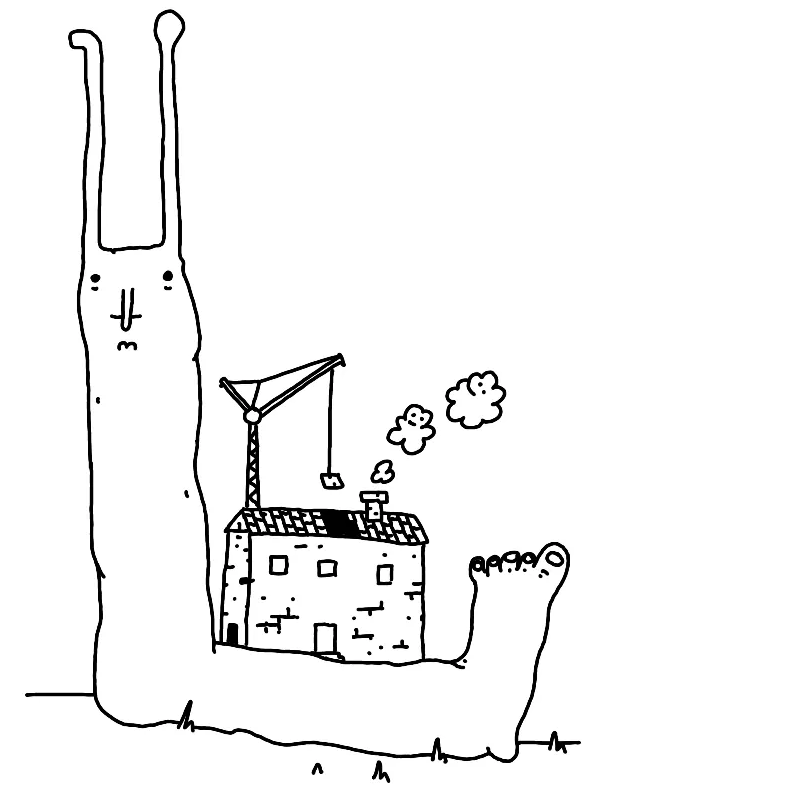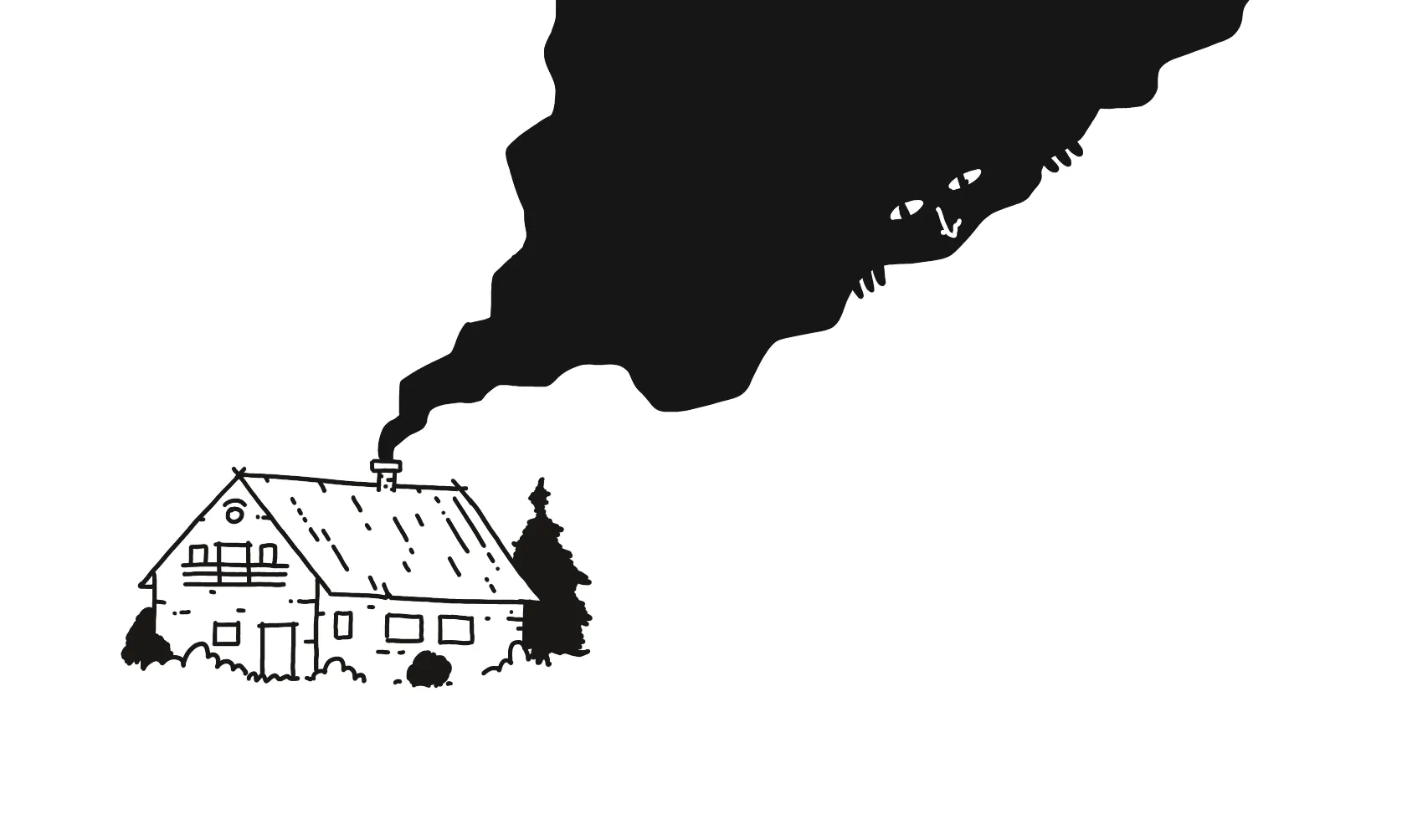A user agent is a computer program representing a person, for example, a browser in a Web context.
— MDN
Web browsers are user agents, i.e. acting on the behalf of the user, allowing them to customise the experience of browsing the web. In practice this could take the form of:
- applying custom styles
- switching the default fonts
- running user scripts
- customising the interface of the browser itself
- removing or adding content (e.g. ad blockers)
Nowadays most browsers maintain the pretence of being a User Agent, but in fact most Web Browsers are storefronts where the User Agent is becoming a User Identifier (e.g. WEI and previously FLOC). It's scary and, frankly, plainly sad to see that most of the information we consume is controlled by advertising companies.

It's not all doom and gloom though. A few months back, during one of my Say Hi calls I met an engineer who decided to build a Freeflow new "web 1.0" browser, completely from scratch, with Lua! His idea was to browse the web in "reader mode", to focus purely on the content, to let the user decide how they want to consume it. There's also Ladybird, another relatively niche, but more general-purpose browser, built by the creators of SerenityOS. Check them out!
 Did you enjoy reading this article? Consider
Did you enjoy reading this article? Consider 
